wikiHow is a “wiki,” similar to Wikipedia, which means that many of our articles are co-written by multiple authors. To create this article, volunteer authors worked to edit and improve it over time.
There are 8 references cited in this article, which can be found at the bottom of the page.
This article has been viewed 66,743 times.
Learn more...
There are two main types of medical release forms--a release authorizing a medical practitioner to see to your medical records, and a release that authorizes care of a child or other dependent relative in the event of injury or illness that occurs away from home. A medical release form ensures that you receive medical care, and that your underage child is treated if you aren't available.
Steps
Medical History Release
-
1Write a document giving permission to a doctor or hospital to access your medical history and records created by another doctor or treatment facility. Doctors cannot access your medical history without your written consent.[1]
-
2Type or print your date of birth, Social Security number, and maiden name if you have one.[2]Advertisement
-
3Write on a piece of paper, "I authorize release of my medical records and history to..." then name the doctor or facility requesting your medical records.
-
4Write your release of health history so it is specific to a certain medical condition or a specific period of time if you want to release only a limited amount of information. You can also choose make a release for all of your health care information.[3]
-
5Ensure that private information remains private. Create a section on the paper stating whether you authorize release of your history of sexually transmitted disease, including AIDS or HIV. Write a second section stating whether you authorize release of treatment for drug or alcohol addiction or mental health treatments.[4]
-
6Write a date specifying an amount of time the release is valid, such as 90 days, or however long the doctor tells you he will need access to the information. Write this on the bottom of the release.[5]
-
7Sign and date the release.
Children's Medical Release
-
1Type or print a 1-page statement saying you give your child's caretaker permission to seek medical treatment if treatment becomes necessary and you cannot be reached to give consent. A release statement protects the caretaker from legal action in the event that your child needs treatment for a sickness or injury and something goes wrong.[6]
-
2Write, "In case of emergency, I give consent to...to authorize medical care for my child or children." Write in the name of the person who will be caring for your child, then write the name of your child or children on the paper.
-
3List medical conditions that emergency room personnel or medical practitioners should be aware of, including diseases, allergies and disabilities.
-
4Write the name of your child's doctor and any other medical providers or facilities.[7]
-
5Provide a phone number and location where you can be contacted. If possible, provide an alternate phone number as well. At the bottom of the release, provide your name, home address and date and sign the paper.[8]
References
- ↑ https://www.hhs.gov/hipaa/for-professionals/faq/264/what-is-the-difference-between-consent-and-authorization/index.html
- ↑ https://www.nycourts.gov/forms/hipaa_fillable.pdf
- ↑ https://obgyn.weillcornell.org/sites/default/files/wcm_authorization_to_use_or_disclose_protected_health_information_phi.pdf
- ↑ https://www.oregon.gov/doc/Forms/medical-records-release-form.pdf
- ↑ https://www.esd.whs.mil/Portals/54/Documents/DD/forms/dd/dd2870.pdf
- ↑ https://michiganlegalhelp.org/self-help-tools/family/giving-someone-temporary-legal-power-make-decisions-your-child
- ↑ https://www.txhealthsteps.com/static/warehouse/1076-2011-Apr-20-n54e12w0v5j3bkke32k3/section_2.html
- ↑ https://www.txhealthsteps.com/static/warehouse/1076-2011-Apr-20-n54e12w0v5j3bkke32k3/section_2.html
- https://templates.office.com/en-us/authorization-to-release-healthcare-information-tm01023461
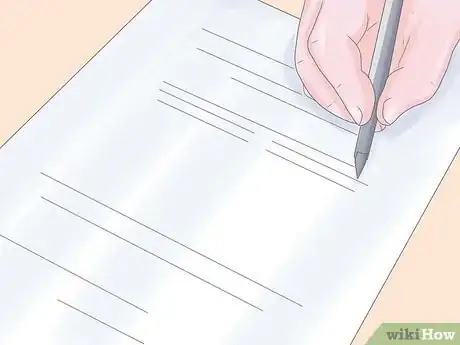
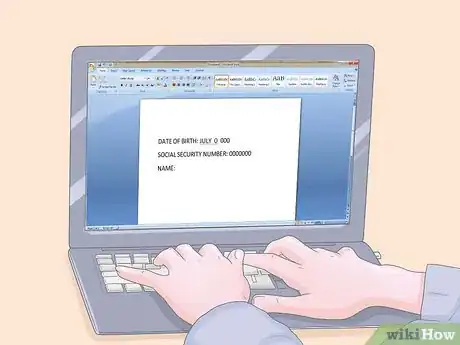
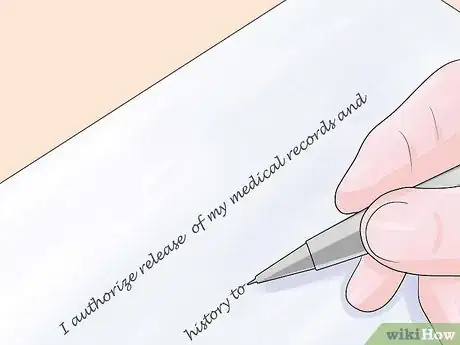
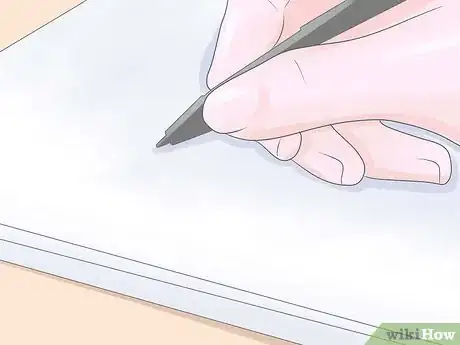

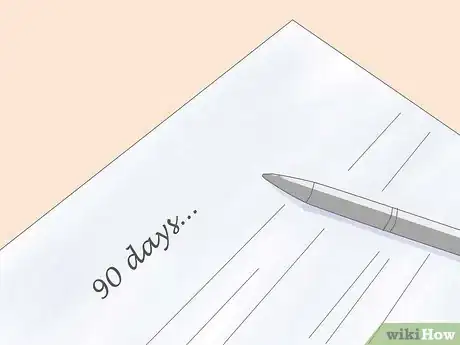
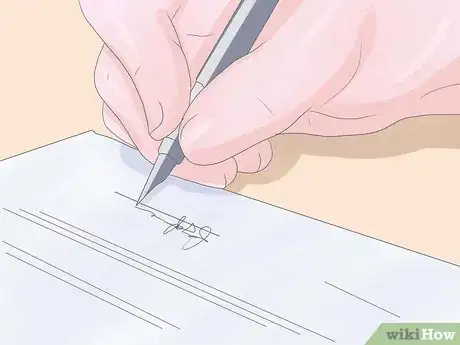
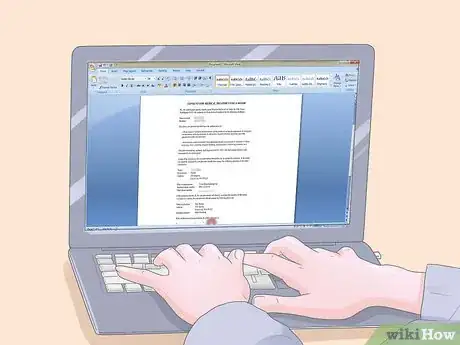
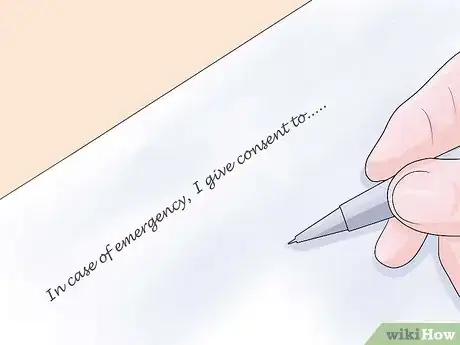
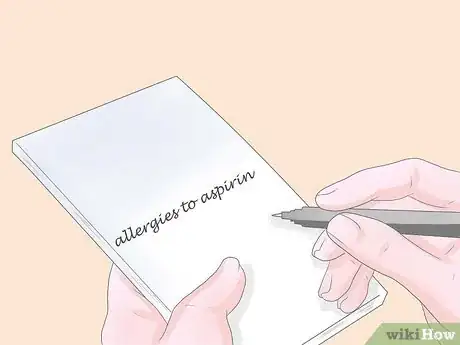
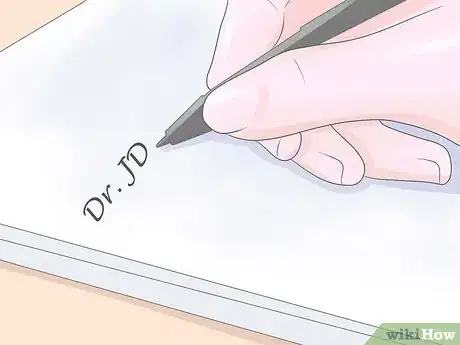


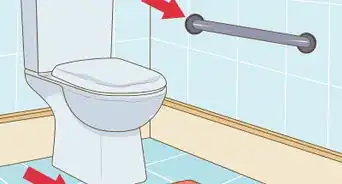

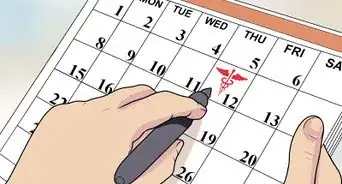

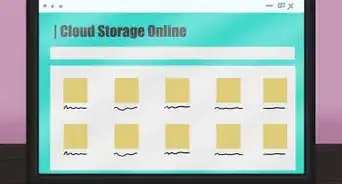


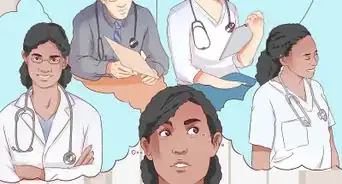
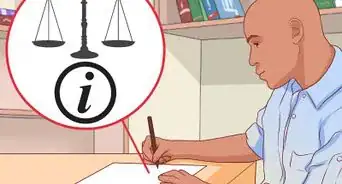


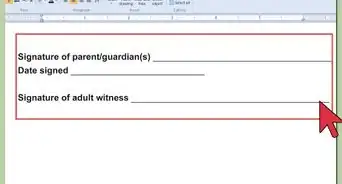








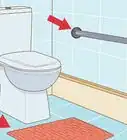





































Medical Disclaimer
The content of this article is not intended to be a substitute for professional medical advice, examination, diagnosis, or treatment. You should always contact your doctor or other qualified healthcare professional before starting, changing, or stopping any kind of health treatment.
Read More...